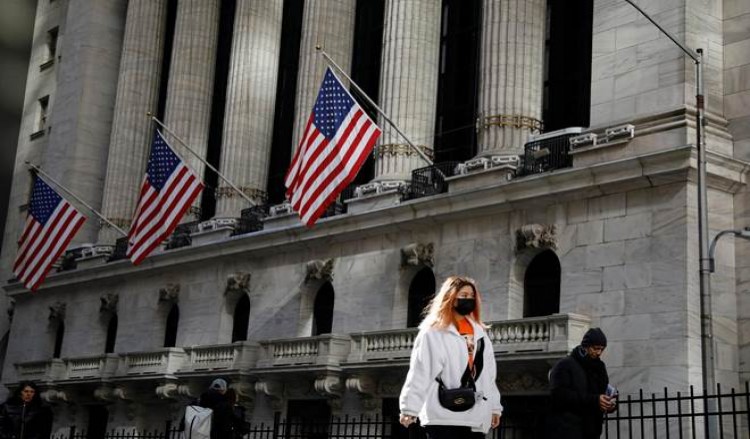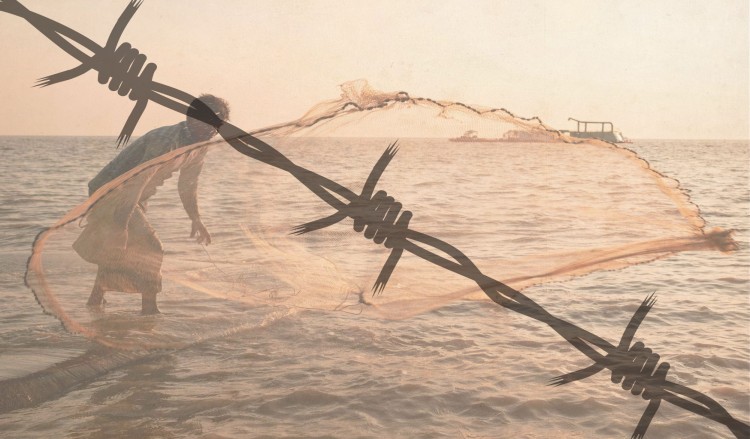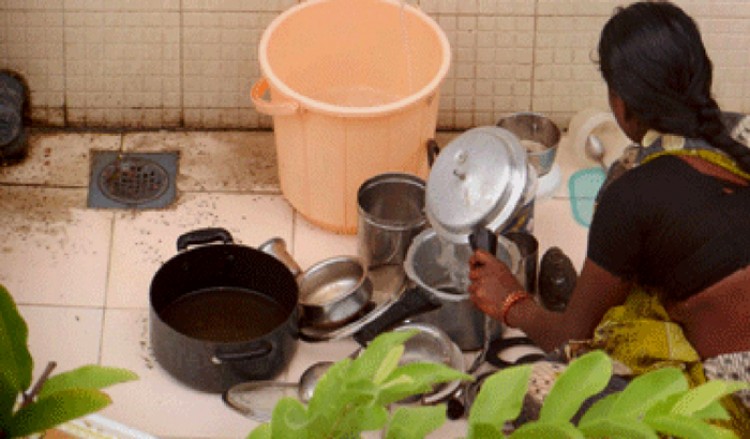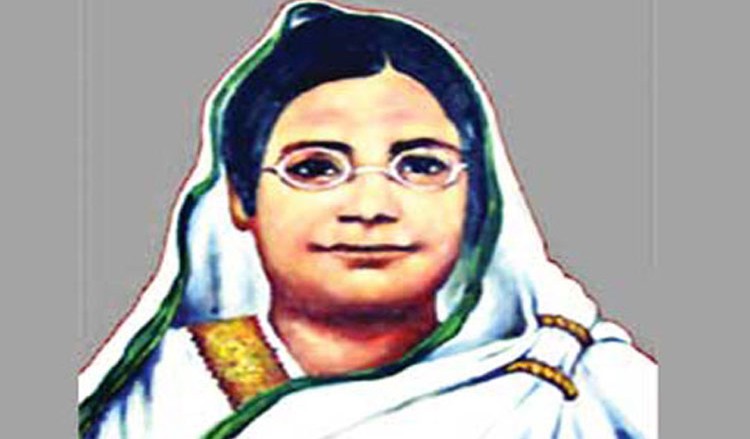- 26 May, 2020
- 0 Comment(s)
- 1268 view(s)
- লিখেছেন : Author: Faith C. Watson
In Pennsylvania, we have been on lockdown for about two months, just as New York and San Francisco have, but according to Paul Krugman, an American economist and columnist for the New York Times, epidemiologists believe that tens of thousands of deaths could have been avoided had we started lockdowns just one week earlier. Still, a strong American response is not forthcoming from our buffoon of a president who is so caught up in his own ego and reelection efforts to bother about the death and sickness all around him. With less than 5% of the world’s population, Timothy Egan, author and columnist for the Times, claims that the U.S. accounts for more than 30% of the coronavirus cases.
We are all masked when we go out in public except for our president who refuses to wear one, despite cases of the virus all around him; in fact, he is taking daily doses of hydroxychloroquine, an antimalarial drug that the FDA has warned against taking. All this administration really cares about, claims Krugman, is the economy and the stock market, which are the reasons for the delay in reacting appropriately to the virus by putting lockdowns in place. Job losses have soared during this pandemic, and the Federal Reserve Chairman, Jerome Powell, said recently that the economic damage from the virus could stretch through 2021. Jobless claims hit 39 million last week, and we are expecting 20% unemployment.
From a personal perspective as a retired English professor with a longterm history of asthma, I am considered really at risk; in fact, my daughter has “warned” me that if I get sick, she “will kill me!” The irony is intentional, and she has been enormously helpful, making FaceTime or Skype or Zoom calls to me every evening while she cooks dinner, and going shopping for me so that I don't have to deal with crowds in the markets. She, too, has her own challenges. As a Marketing Director for a Canadian/American company, she is working from home, but also has a husband with multiple sclerosis and two teenage boys, so she works during the day, cooks meals at night, and supervises her boys’ online school work. She has never lost her sense of humour, and frequently we “chat” with my son, a Regional Director of a finance firm, who lives in San Francisco, also on lockdown with his fiancee, a litigation lawyer, both of whom are working from home as well, but they cannot begin to make wedding plans because nobody knows what is going to happen next.
We are lucky that they have jobs they can perform from home, but we worry about all the people who are unable to work, who have had severe cuts in pay or who have lost their jobs. Only non-essential business are open, but how liquor stores and beer distributors count as essential is beyond me! They are open, as are gun stores. When the shut down first began, I was told by neighbours that there was a gun store close by where the lines were down the sidewalk for blocks and blocks with people desperate to buy guns, all of which is terrifying in the wake of our disjointed president’s divisive, racist and classist comments in social media and in the news. One fears that he is fueling a frightening backlash to the science of the virus and the climate.
Although Anthony Fauci, the Director of National Institute of Allergy and Infectious Diseases, is self-isolating because he has been exposed to the virus when he was appearing with Trump during his daily briefings, he has said that it is too soon for the country to open up business as usual, but many states have begun to open restaurants, bars and museums. Pennsylvania, where my daughter and I live, and California, where my son lives, are still on lockdown although some of the counties are opening up.
David Brooks, another columnist for The New York Times, argues that since 2000 the US citizens have lost confidence and a sense of safety about the future, and now this pandemic has made that clear with “an economy ravaged” and around 100,000 dead. He hopes, however, that the US identify that grows from this epidemiological disaster will give the US a new understanding of our shared vulnerability with the rest of the world. We will realize the need to restructure our own ethos of self-sufficiency and start valuing community over individualism, embeddedness over autonomy.
We, like the people suffering in Kolkata, in Wuhan, in Nairobi and in Moscow, will need to identify ourselves with a wider world of suffering and offer support and aid to one another on both a community level and on a global level. David Brooks knows this, I know this, and I can only pray that more and more people in our country will grasp this before it is too late. Our elections are November 3, and we and the wider world cannot afford to continue the kind of short-sighted responses to the recurring health, economic and climate crisis on our planet.
Cover Picture: Collected
Author is a retired professor from the United States.





0 Comments
Post Comment